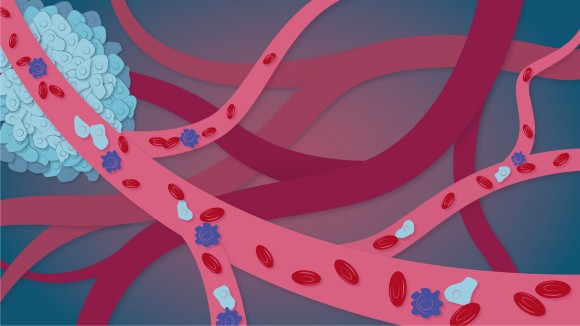This Collection is editorially independent, produced with financial support from a third party. About this content.
Nature Research is pleased to acknowledge the financial support of HiberCell, Inc in producing this Nature Collection. The sponsor retains sole responsibility for the following message.
 Despite significant advances in the treatment of primary tumors, metastatic cancer remains a leading cause of solid cancer mortality. HiberCell seeks to change this outcome. As “the dormancy company,” we are the first company exclusively focused on therapeutically modulating the biology and mechanisms of tumor dormancy. Toward this goal, we are developing first-in-class therapeutics that target dormant disseminated tumor cells (DTCs) from solid and liquid cancers. At HiberCell we are passionately committed to understanding the evolution of cancer recurrence. Importantly, dormant DTCs have emerged as a key player in cancer relapse and metastasis. Given these emerging data, we have focused on therapeutic approaches that would allow us to address the foundational role these cells play in the biology of residual disease.
Despite significant advances in the treatment of primary tumors, metastatic cancer remains a leading cause of solid cancer mortality. HiberCell seeks to change this outcome. As “the dormancy company,” we are the first company exclusively focused on therapeutically modulating the biology and mechanisms of tumor dormancy. Toward this goal, we are developing first-in-class therapeutics that target dormant disseminated tumor cells (DTCs) from solid and liquid cancers. At HiberCell we are passionately committed to understanding the evolution of cancer recurrence. Importantly, dormant DTCs have emerged as a key player in cancer relapse and metastasis. Given these emerging data, we have focused on therapeutic approaches that would allow us to address the foundational role these cells play in the biology of residual disease.


